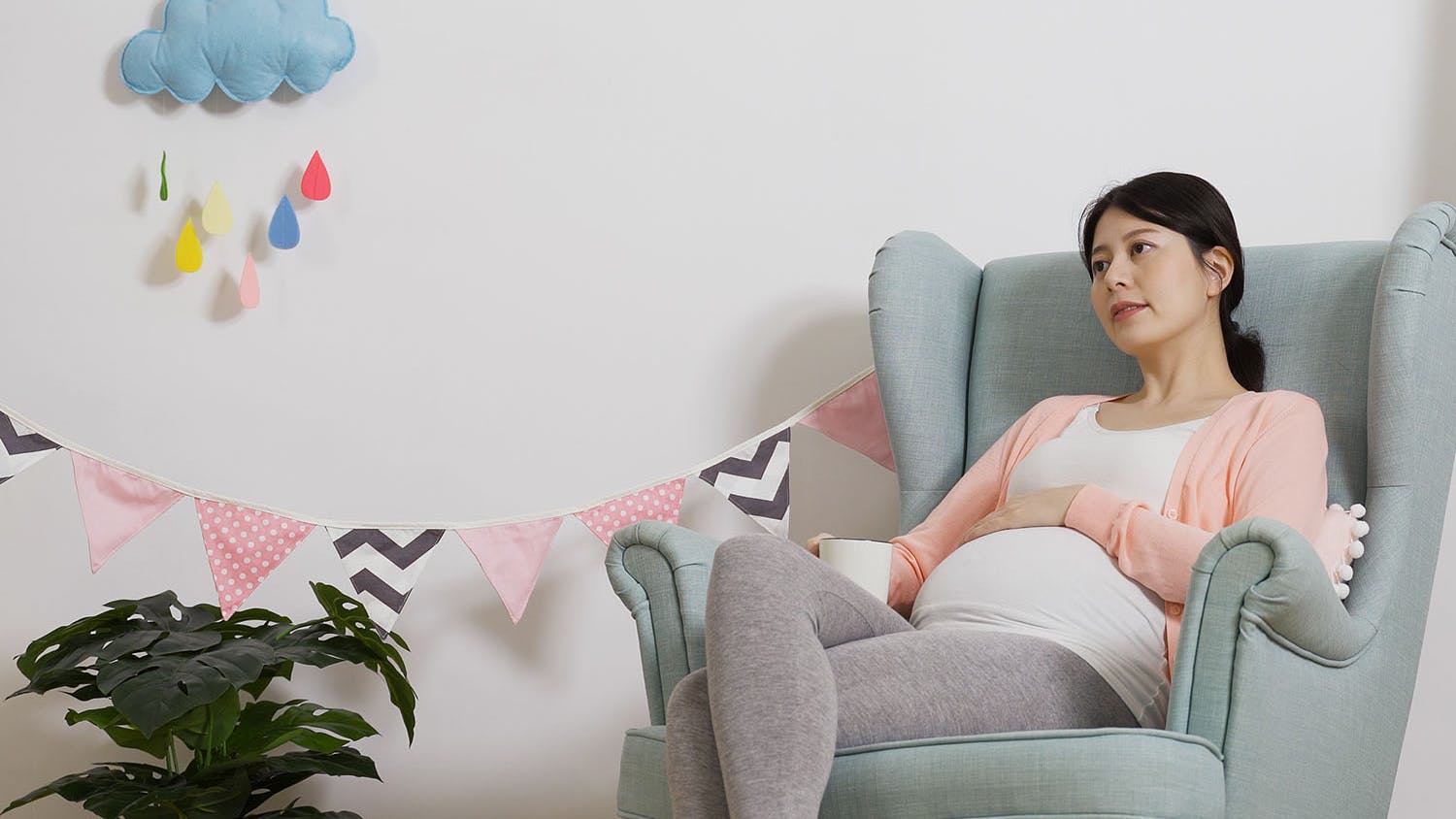Last Updated on January 6, 2025
Yes, it is generally safe to cross your legs when pregnant, although it is recommended to avoid prolonged sitting in this position to improve blood circulation. During pregnancy, many women wonder about the safety of crossing their legs.
The good news is that crossing your legs is generally considered safe for pregnant women. However, it is recommended to avoid sitting in this position for extended periods as it can restrict blood flow and cause discomfort. In this article, we will explore the reasons why crossing your legs might affect blood circulation during pregnancy and provide some helpful tips for maintaining good posture and blood flow while sitting.
So, if you’re curious about whether you can cross your legs during pregnancy, keep reading to find out more.

Credit: www.netmums.com
The Impact Of Crossing Legs During Pregnancy
Why Do Pregnant Women Want To Cross Their Legs?
During pregnancy, women go through a multitude of physical changes, and with these changes often come new desires for comfort. One common habit some pregnant women develop is crossing their legs. There can be a few reasons why this may occur:
- Pressure relief: Crossing the legs can provide a temporary relief from the pressure that builds up in the lower body during pregnancy.
- Postural adjustment: Some women may cross their legs as a means to adjust their posture and find a more comfortable position.
- Familiarity: For many women, crossing their legs is simply a habit or a subconscious action they’ve always done.
Is It Safe To Cross Legs While Pregnant?
Now that we understand why pregnant women may cross their legs, let’s explore whether it is safe to do so. While crossing the legs can provide momentary relief and comfort, it’s important to consider the potential risks and concerns associated with this habit:
- Reduced blood circulation: Crossing the legs for long periods can restrict blood flow to the lower body, which may lead to discomfort and swelling.
- Increased risk of varicose veins: Prolonged leg crossing can put additional pressure on the veins, potentially increasing the risk of developing varicose veins.
- Nerve compression: Crossing the legs can sometimes lead to nerve compression, causing tingling or numbness in the legs and feet.
- Muscle imbalances: Consistently crossing the legs can contribute to muscle imbalances and postural issues, leading to discomfort or pain in the hips, pelvis, and back.
Understanding The Potential Risks And Concerns
While it may be tempting to cross the legs for comfort, it’s essential to be mindful of the potential risks and concerns associated with this habit during pregnancy. To ensure a healthy and comfortable pregnancy, consider the following:
- Mindful positioning: Instead of crossing the legs, try propping a pillow under your feet to elevate them slightly. This can help relieve pressure and improve blood circulation.
- Regular movement breaks: Make it a habit to take breaks and stretch your legs, especially if you find yourself sitting or standing for long periods.
- Supportive footwear: Opt for comfortable, supportive shoes that promote good circulation and reduce the risk of developing varicose veins.
- Consult your healthcare provider: If you have concerns or questions about crossing your legs during pregnancy, it’s essential to consult your healthcare provider for personalized advice.
Remember, every pregnancy is unique, and what works for one person may not work for another. Prioritizing your comfort and well-being is crucial, so listen to your body and make choices that promote a healthy and enjoyable pregnancy journey.
Alternatives To Crossing Legs For Comfortable Sitting
Finding The Right Sitting Position During Pregnancy
During pregnancy, finding a comfortable sitting position can be a challenge. Crossing your legs may not be the most ideal option as it can lead to discomfort and even potential health risks. However, there are alternative ways to sit comfortably during this special time.
Here are some tips to help you find the right sitting position during pregnancy:
Utilizing Pillows And Cushions For Support
- Place a small pillow or cushion behind your lower back to provide support and maintain proper posture.
- Use a pregnancy pillow or a regular pillow between your knees to alleviate pressure on your hips and lower back.
- Place a cushion or pillow under your feet to elevate them slightly and reduce swelling.
Stretching And Moving Periodically To Prevent Discomfort
- Take breaks every hour or so to stretch your legs and walk around to improve circulation.
- Roll your ankles and flex your toes to relieve any stiffness or swelling.
- Do gentle stretches that target the lower back, hips, and legs to release tension and promote flexibility.
By following these tips, you can create a comfortable sitting environment during your pregnancy. Remember to listen to your body and adjust your position as needed to ensure maximum comfort. Happy sitting!
Frequently Asked Questions On Can I Cross My Legs When Pregnant?
Can I Cross My Legs During Pregnancy?
Yes, you can cross your legs during pregnancy. However, it’s important to do so in moderation and listen to your body’s signals for discomfort.
Is Crossing My Legs Harmful For The Baby?
No, crossing your legs is not harmful to the baby. It may cause temporary discomfort or leg swelling, but it does not pose any danger.
Can Crossing My Legs Cause Blood Clots?
Crossing your legs does not directly cause blood clots. However, prolonged sitting or crossing your legs for extended periods can increase the risk.
Should I Avoid Crossing My Legs While Pregnant?
While there is no strict rule against it, it’s recommended to avoid crossing your legs for prolonged periods to prevent discomfort and potential circulation issues.
How Can I Sit Comfortably Without Crossing My Legs?
To sit comfortably without crossing your legs, maintain good posture, use a cushion for support, take breaks to stretch, and consider using a footrest.
Conclusion
It is safe for most pregnant women to cross their legs during pregnancy. However, it is important to do so with caution and moderation. Crossing your legs for extended periods may lead to discomfort or leg cramps due to the pressure on your blood vessels and nerves.
If you experience any discomfort or swelling, it is advisable to uncross your legs and stretch them regularly. Maintaining good posture and staying active throughout your pregnancy can also help alleviate any discomfort. Ultimately, every woman’s body is different, so it is always best to consult with your healthcare provider to ensure you are taking the necessary precautions throughout your pregnancy journey.
Remember to listen to your body and make adjustments accordingly. By doing so, you can continue to prioritize your comfort and well-being while crossing your legs during pregnancy.











